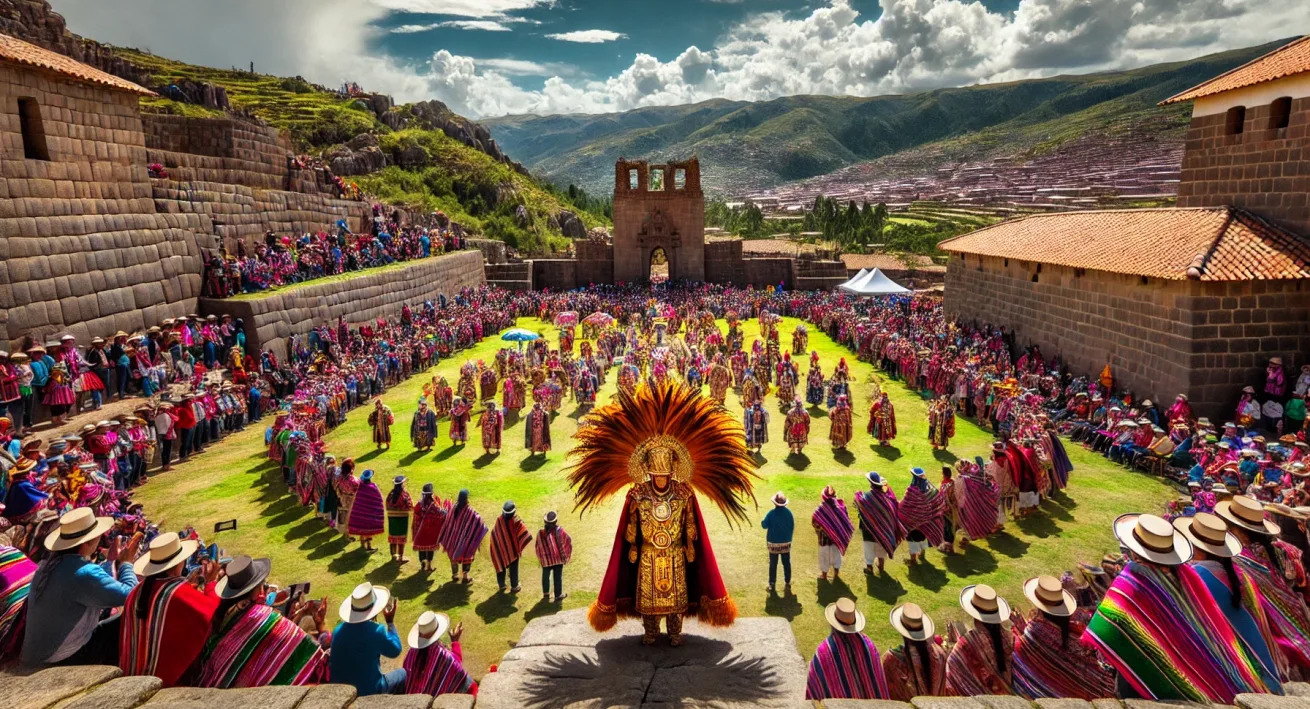Anzac Day is one of New Zealand’s most significant national observances, with the Dawn Service being a deeply respected and solemn event that takes place on the 25th of April every year. This service, held in the quiet, early hours of the morning, is a time for New Zealanders to come together in remembrance of those who served and sacrificed their lives in conflicts, particularly during World War I. The Dawn Service is not just a commemoration; it is a reflection of national identity, resilience, and the enduring spirit of camaraderie.





